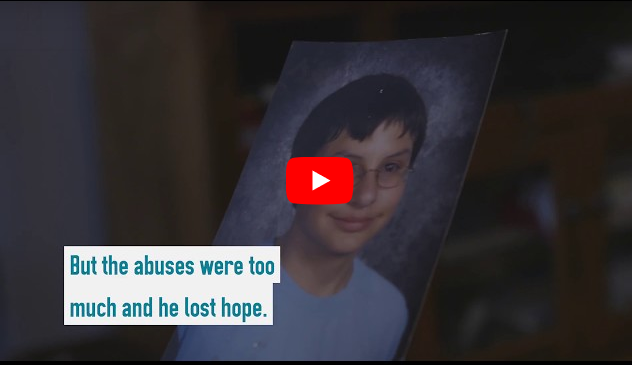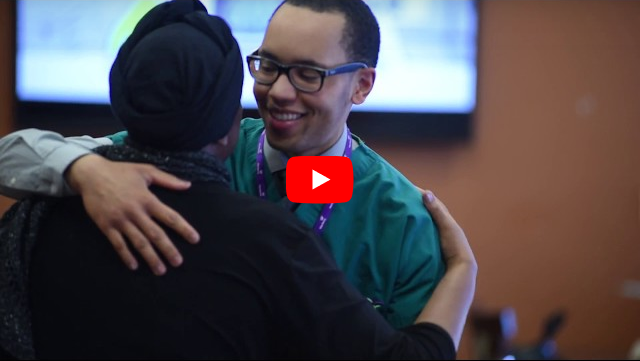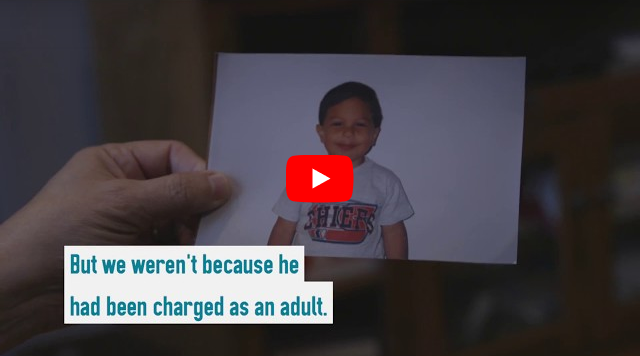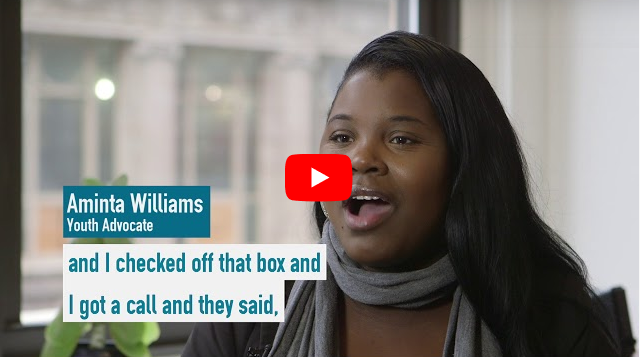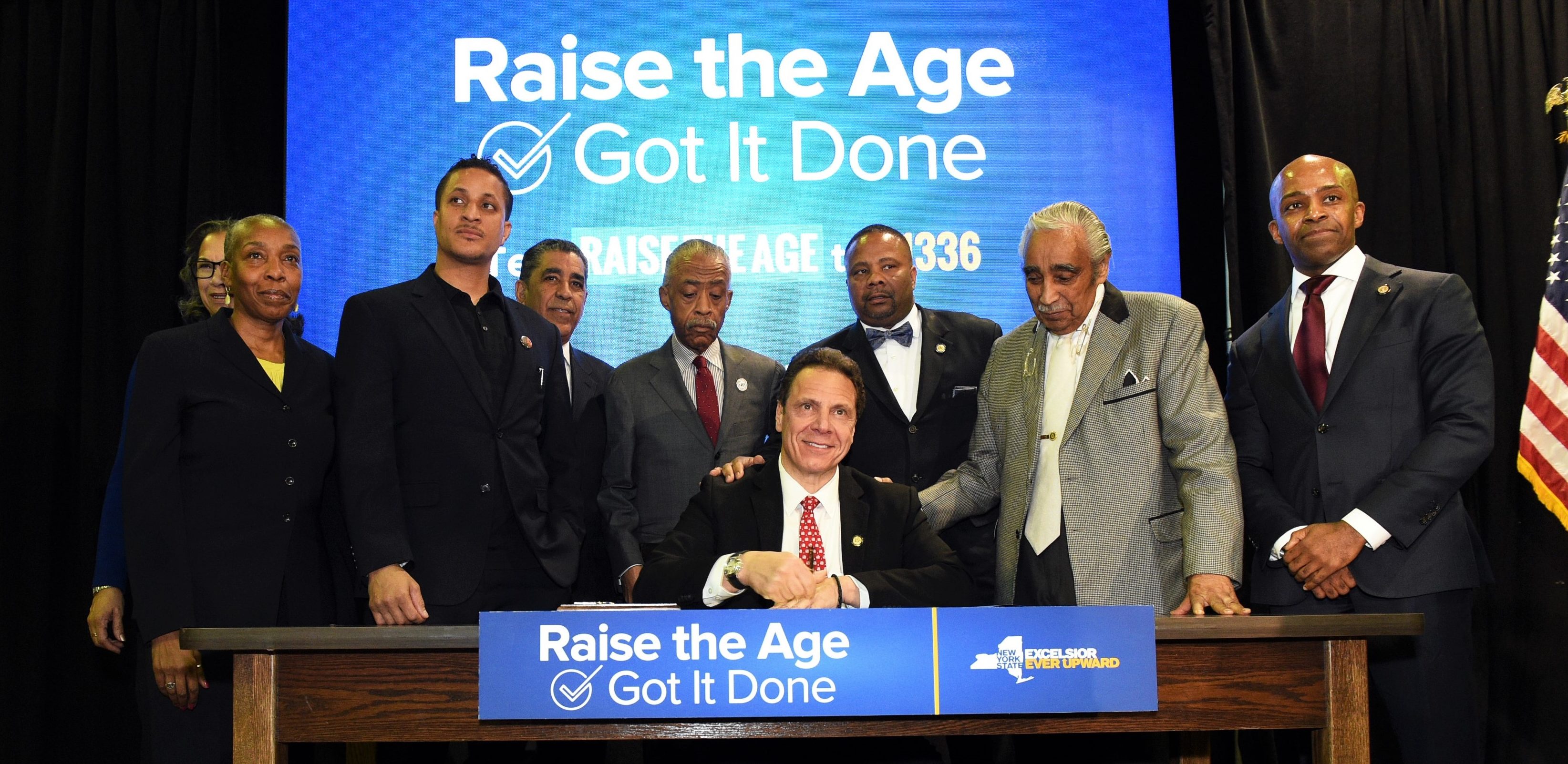
On April 10, 2017, Governor Andrew Cuomo signed the “Raise the Age” legislation into law, putting an end to New York’s process of automatically charging all 16- and 17-year-olds as adults, no matter the offense. As of October 2019, the law is fully phased in, with both 16- and 17-year-olds being served in Family Court and placed in youth justice programs and facilities.
This moment was due in large part to the advocacy of formerly-incarcerated youth, their families, faith leaders, legal services professionals, direct service providers, unions, and others who made their voices heard over many years. We applaud Governor Cuomo, Assembly Speaker Heastie and members of the Assembly, the Senate Majority, Minority and Independent Democratic Caucus, and the Black, Puerto Rican, Hispanic and Asian Caucus for passing this historic legislation.
Here’s what you need to know.
With Raise the Age, New York State recognizes what research and science confirmed years ago – prosecuting adolescents and placing them in the adult criminal justice system doesn’t work. It strips young people of their childhood and hurts community safety.
The law made several major changes to the way New York State treats young people. As of October 1, 2019:
- 16- and 17-year-olds are no longer housed in adult jails.
- When 16- and 17-year-olds are arrested, their parents must be notified.
- When police question a 16- or 17-year-old, it must take place in an age-appropriate setting with parental involvement, and for a limited period of time.
- All 16- and 17-year-olds charged with a misdemeanor (other than vehicular and traffic misdemeanors) now have their cases heard in the Family Court instead of the adult Criminal Court. In Family Court, their cases can be “adjusted”—resolved without the need to file a case.
- 16- and 17-year-olds charged with a misdemeanor in Family Court will not be exposed to a permanent criminal record.
- 16- and 17-year-olds charged with a felony now have their cases heard first in the new Youth Part of adult Criminal Court. Most felonies will transfer to the Family Court, where they may be adjusted and kept from entry on a permanent criminal record, unless the court finds “extraordinary circumstances.”
- 16- and 17-year-olds charged with allegedly displaying a deadly weapon, causing “significant injury,” or engaging in unlawful sexual conduct, will remain in the Youth Part of adult Criminal Court, unless the prosecutor consents to remove the case to Family Court.
- 16- and 17-year-olds in the Youth Part of adult Criminal Court are now placed before a judge trained in adolescent development and family law.
The law made four major changes to the way New York State treats young people:
Youth justice reform is good policy for our young people, communities and public safety.
Brain Development Science Is Clear: Adolescents Think Differently Than Adults
Research into brain development underscores that the human brain is not fully formed until the age of 25.
- Most young people grow out of harmful behavior. Because the adolescent brain is still developing, the characters, personality traits, and behaviors of young people are highly receptive to change.
- Adolescent behavior responds well to intervention, learning, and mentorship. Comprehensive “raise the age” reform is good policy, for our young people, communities and public safety.
Who’s Affected
- Before Raise The Age passed in New York, nearly 28,000 16- and 17-year olds faced possible prosecution as adults in criminal court each year. Over 70% of these arrests were for misdemeanors.
- More than 600 children ages 13 to 15 were processed in adult criminal courts annually – seriously diminishing their opportunities for success before they’d even entered high school.
- Over 70% of 16- and 17-year-olds arrested are Black or Latino. That number climbs to 80% when considering those who are sentenced to incarceration.
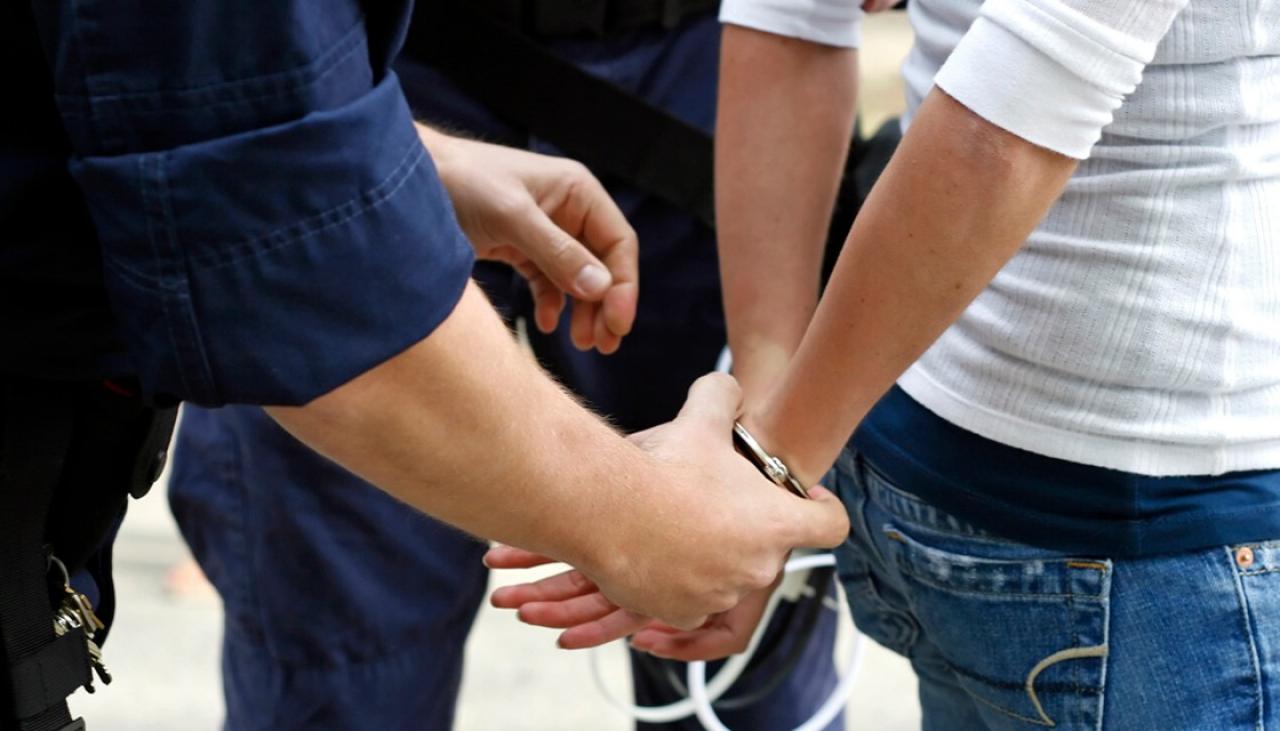
Why It Matters
Treating children as adults in the criminal justice system is short-sighted and ineffective; youth incarcerated in adult facilities are more likely to suffer physical and emotional abuse and to recidivate – realities that are at odds with the goal of rehabilitating youth and protecting public safety:
- Studies have found that young people transferred to the adult criminal justice system are 34% more likely to be re-arrested for crimes than youth retained in the youth justice system. Around 80% of youth released from adult prisons reoffend.
- Studies show that children in adult prisons are twice as likely to report being beaten by staff, and 50% more likely to be attacked with a weapon, than children placed in youth facilities.
- Youth in adult prisons face the highest risk of sexual assault of all inmate populations.
- Youth in adult jails and prisons do not have access to the same age-appropriate rehabilitative services that are available in youth facilities.
- Solitary confinement can severely damage mental and physical health, sometimes irreparably. While some progress has been made in limiting the use of solitary confinement for children, young people continue to be isolated.
- Youth are 36 times more likely to die by suicide when held in an adult facility.
